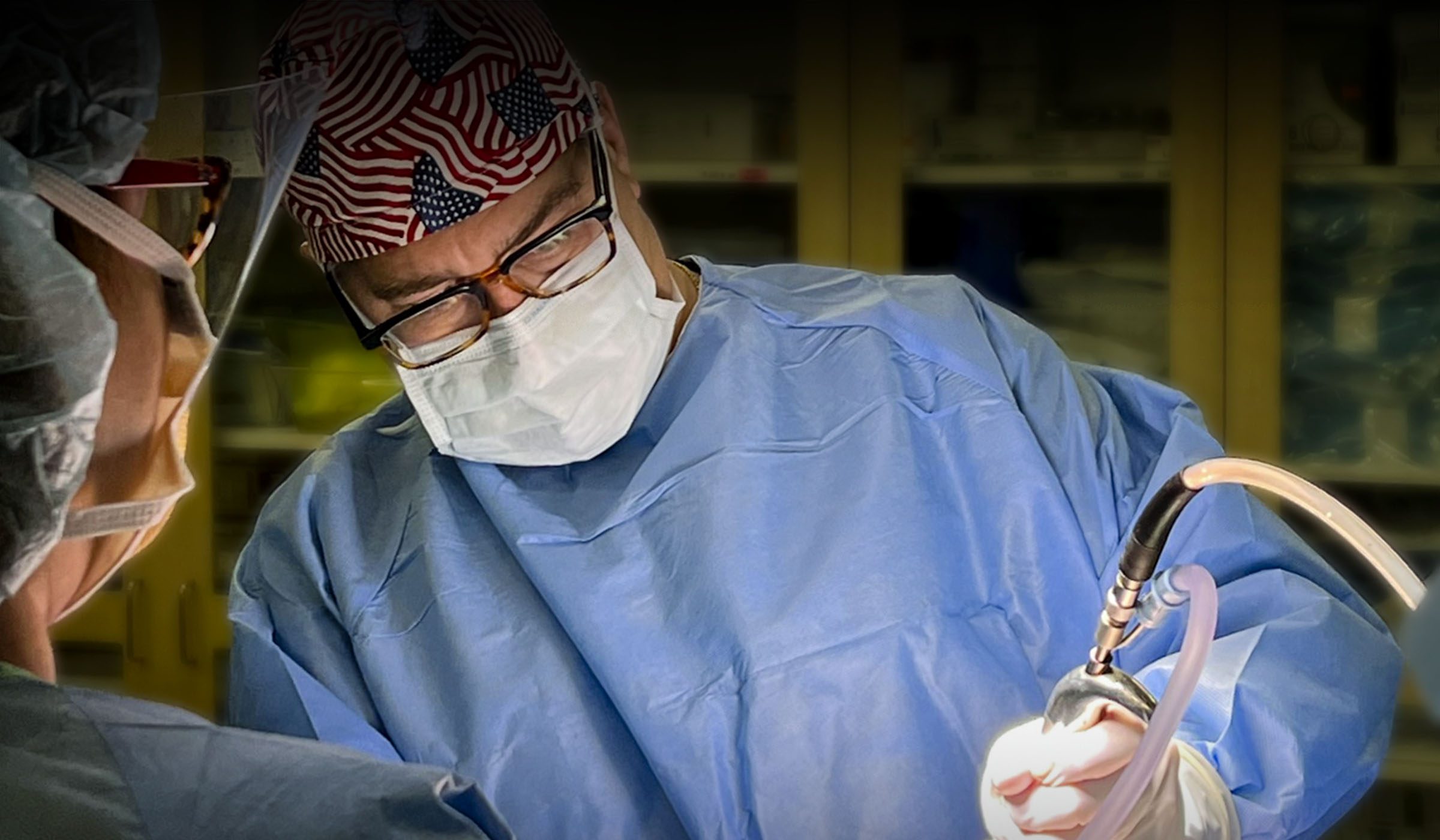Checking Out the Emotional and Social Aspects That Drive Individuals to Take Into Consideration Plastic Surgery as a way of Improvement
The decision to seek cosmetic surgical procedure often extends past plain visual appeals, intertwining with psychological and social characteristics that merit complete exam. Variables such as self-worth, pervasive social beauty criteria, and the prevalent influence of social media sites assemble to form specific inspirations for surgical improvement. As these influences come to be significantly famous, comprehending the underlying cultural and psychological contexts is necessary. What continues to be to be checked out is the extensive effect these factors have not just on individuality however also on broader social standards and values surrounding charm and approval.
The Function of Self-Esteem
Self-confidence significantly influences a person's decision to go after plastic surgery. Individuals with low self-esteem commonly regard themselves in a negative light, resulting in feelings of inadequacy concerning their physical look. This adverse self-perception can drive them to seek medical treatments as an approach of enhancing their self-image. The wish for improvement in one's appearance is often linked to an idea that such changes will raise their general self-regard and self-confidence.

Inevitably, the duty of self-esteem in the decision-making process regarding cosmetic surgical treatment highlights the complicated interplay between body image, individual complete satisfaction, and psychological health and wellness. Understanding this connection is vital for health care experts to make sure that clients are making informed choices rooted in reasonable expectations and emotional health.
Social Appeal Criteria
Influenced by prevalent media representations and cultural stories, societal charm standards play an essential duty in forming people' understandings of their own bodies. These criteria are commonly identified by an idealized kind of appeal that emphasizes attributes such as balance, slimness, and youthful vigor. As these ideals are perpetuated through different channels, consisting of advertising and marketing, film, and tv, individuals frequently internalize these messages, causing frustration with their natural look.
The implications of these social norms extend past visual preferences; they can impact self-worth, mental wellness, and interpersonal connections. People that perceive themselves as disappointing these standards may experience sensations of inadequacy, motivating a need for cosmetic surgical treatment as a method of achieving social authorization. This pursuit is typically sustained by the idea that satisfying these perfects will certainly boost not just physical appearance however additionally social standing and individual fulfillment.

Influence of Social Network
The influence of societal appeal criteria is more enhanced by the increase of social media sites platforms, where curated pictures and idealized representations of appeal are common. Individuals are frequently exposed to filtered and modified photos, which frequently portray unattainable physical qualities. This direct exposure grows a society of comparison, leading people to analyze their read here very own look versus these often impractical standards.
Social media site influencers and celebs frequently promote cosmetic procedures, stabilizing the idea that surgical enhancements are a sensible ways for achieving social ideals (plastic surgery rancho cucamonga). The presence of these improvements can develop an understanding that undertaking plastic surgery is a common practice, therefore affecting individuals to think about similar treatments as a path to enhanced self-esteem and social approval
In addition, the interactive nature of social media sites permits for immediate feedback via sort and comments, further strengthening the need to satisfy preferred charm requirements. Such communications can worsen sensations of inadequacy and drive individuals towards cosmetic surgery as a method of acquiring recognition. Eventually, social media plays a critical role fit perceptions of beauty, which considerably influences the decision-making procedures bordering cosmetic surgery.

Cultural Viewpoints on Look
Throughout different cultures, assumptions of look are deeply rooted in historical, social, and financial contexts, forming individuals' views on beauty and worth. In lots of societies, look offers as a significant marker of identity, influencing social status, specialist possibilities, and personal partnerships. For instance, in some cultures, light skin is frequently connected with riches and privilege, while others might idealize darker complexion as symbols of strength and credibility.
Moreover, typical elegance requirements are typically perpetuated with cultural narratives, media representations, and family members influences, bring about varying suitables throughout various regions (plastic surgery rancho cucamonga). In Western societies, the focus on youth and physical conditioning frequently drives individuals toward aesthetic improvement, while in specific Eastern cultures, even more subtle adjustments aligned with standard aesthetics may be liked
Globalization and the spreading of digital media have additionally made complex these characteristics, producing a hybridization of elegance ideals that transcends geographical borders. As individuals progressively browse these social narratives, the stress to comply with certain look standards can result in the wish for plastic surgery, showing an intricate interaction of cultural values and personal aspirations. Understanding these social viewpoints is important in attending to the inspirations behind plastic surgery factors to consider.
Psychological Impacts of Plastic Surgery
Numerous individuals looking for cosmetic surgical procedure record experiencing profound emotional influences that can substantially change their self-perception and emotional health - plastic surgery rancho cucamonga. The need for physical improvement usually comes from underlying problems such as reduced self-confidence, body dysmorphic disorder, or societal stress relating to charm standards. For some, the prompt post-operative stage can bring about a momentary boost in self-confidence and contentment with their look, cultivating a feeling of empowerment
However, these favorable feelings might not be withstanding. Research study indicates that while some people experience enhanced self-esteem, check these guys out others may encounter elevated anxiety or find more clinical depression if their expectations are not fulfilled. This inconsistency can occur from unrealistic suitables perpetuated by media depiction and social narratives surrounding elegance.
Additionally, the emotional ramifications of plastic surgery prolong beyond the person. Relationships with friends and family might be stressed as social dynamics shift, causing sensations of isolation or alienation. Eventually, the emotional effects of cosmetic surgical treatment are intricate and multifaceted, requiring mindful consideration by both potential patients and doctor to make sure informed decision-making and sensible assumptions.
Conclusion
In conclusion, the decision to go after cosmetic surgical treatment is dramatically influenced by a combination of self-confidence problems, social beauty requirements, and social viewpoints on look. The prevalent reach of social media sites even more intensifies these pressures, advertising unrealistic perfects that people often strive to achieve. Understanding these social and emotional factors is crucial for addressing the motivations behind plastic surgery, highlighting the demand for a more nuanced discussion bordering elegance and self-acceptance in modern culture.
The choice to go after cosmetic surgical treatment typically prolongs beyond simple appearances, linking with emotional and social dynamics that warrant comprehensive examination. Inevitably, social media plays a crucial function in shaping assumptions of charm, which substantially influences the decision-making processes bordering cosmetic surgical treatment.
As individuals increasingly browse these social narratives, the stress to adjust to specific look requirements can lead to the desire for cosmetic surgical procedure, showing a complicated interplay of individual goals and cultural worths.In final thought, the choice to go after cosmetic surgery is dramatically affected by a combination of self-confidence issues, social appeal standards, and cultural perspectives on look. Comprehending these social and mental variables is crucial for addressing the motivations behind cosmetic surgery, highlighting the requirement for a more nuanced discussion surrounding appeal and self-acceptance in contemporary society.